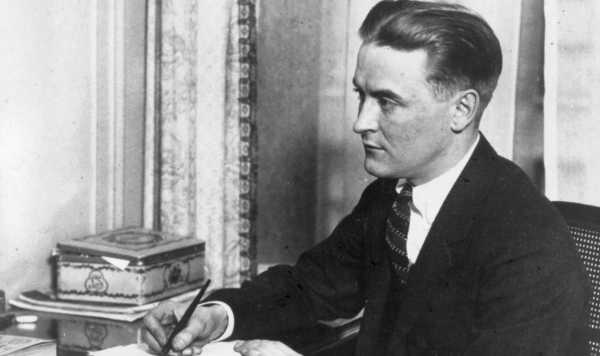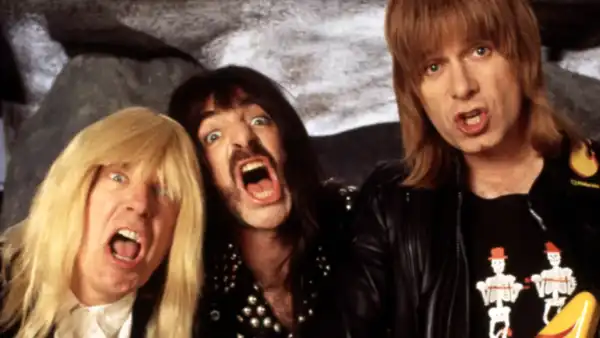F. Scott Fitzgerald's The Great Gatsby turns 100 years old.

Loading Elevenlabs Text to Speech AudioNative Player…
Shirley Hazzard once observed that beyond a certain age, memory protects a person from the weight of experience. Bright moments separated by decades become mere words, gestures, perhaps the way the light fell on a particular day many years ago. There is no cause and effect, just a few images that remain imprinted in the mind.
My recollection almost reached that stage with The Great Gatsby, a book I probably read a dozen times in high school but never since. Fitzgerald was a revelation to me then. I had never imagined that such glittering brilliance could be so deeply drenched in melancholy. The stacks of shirts, the eyes of God on a billboard, the green light at the end of the dock—they were all powerful images, perhaps a little melodramatic, that reinterpreted the famous line from Ecclesiastes: vanity is vanity, in a way that was particularly appealing to a teenager.
Fitzgerald certainly knew that such devices were his special gift, though he overestimated their appeal. When Gatsby came out 100 years ago this month, he expected to be hailed as a masterpiece. In fact, he mistakenly believed that he had accidentally discovered something new in American literature, and had finally produced “just the kind of book the English say the Americans cannot write.” When Gatsby failed, he became sullen and arrogant. “The thing, both the effort and the result,” he wrote to his editor, Maxwell Perkins, “has hardened me, and I now think myself a great deal better than any young American, without exception.” That may have been true at the time. But it did not help Fitzgerald: he never wrote another coherent novel after Gatsby.
In fact, nothing Fitzgerald wrote was ever truly finished, or even, in some cases, final. This is true of Gatsby, too, a fact that I think goes some way to explaining its somewhat obscure centenary. The novel is less a narrative than a collection of memorable lines. (“The Valley of Ashes”… “Owl’s Eyes”… “Boats Against the Tide,” and so on.) This is both praise and criticism, and some of Fitzgerald’s harshest critics grudgingly acknowledged his extraordinary talent. Evelyn Waugh, rereading Fitzgerald’s other major novel, Tender Is the Night, just a few years before his death, found it astonishing that “one half-drunk Yankee with a typewriter” could create scenes more memorable and true than anything he had ever seen on television—a backhanded compliment if ever there was one.
For me, the scene in Gatsby that stands out most has nothing to do with the novel's plot at all. It's a throwaway paragraph at the end of the book, a snippet of observation about a train ride from Chicago's Union Station to Fitzgerald's hometown of St. Paul, Minnesota.
As we drove out into the winter night, and the real snow, our snow, began to scatter around us and glimmer in the windows, and the dim lights of the little Wisconsin stations flashed by, a sharp, wild smell suddenly entered the air. We inhaled it deeply as we walked back from dinner through the cold vestibules, inexpressibly aware of our connection with this country for one strange hour before we were lost in it again.
Subscribe Today Get Daily Emails Delivered to Your Inbox Email Address:
Sourse: theamericanconservative.com






